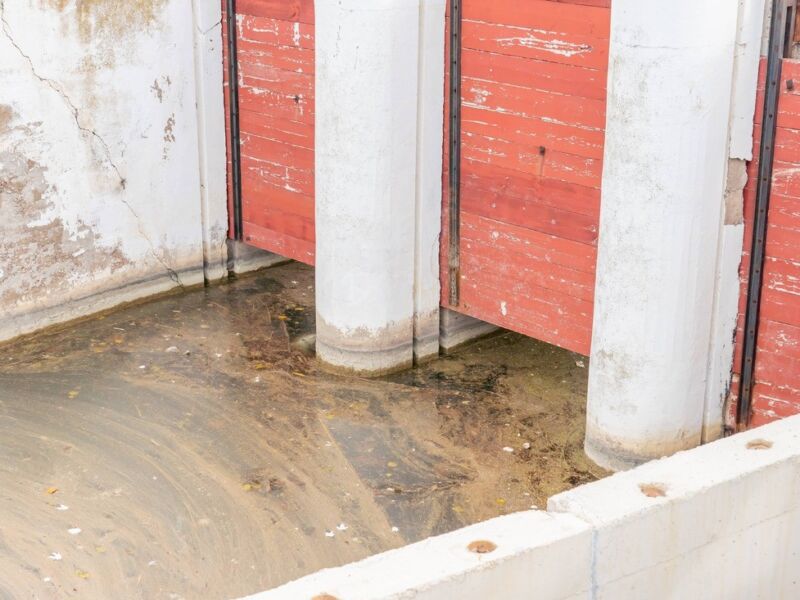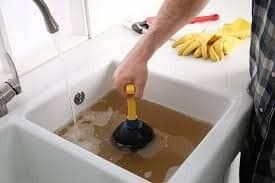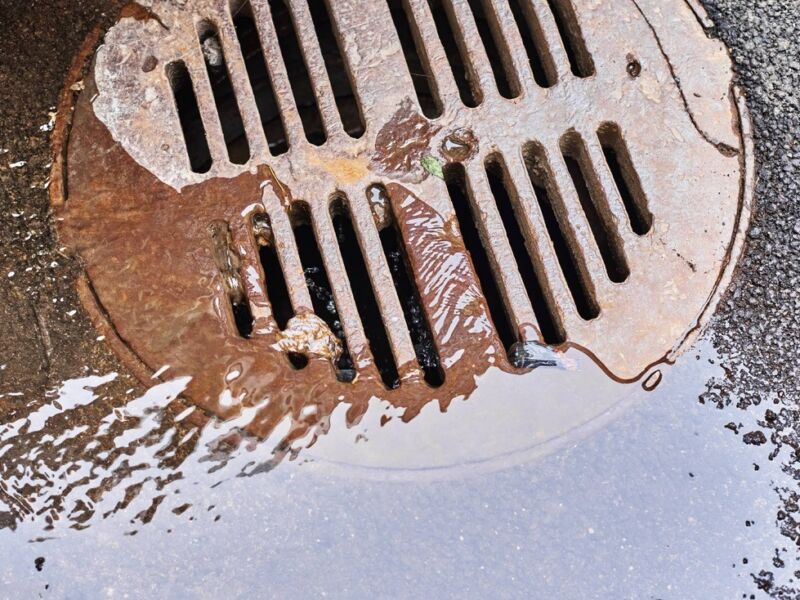
The Risks of Sewage Backup
Sewage backup can cause significant damage to properties and pose health risks to the inhabitants. When the sewage system experiences a blockage or overflow, waste from the system can back up into the immediate environment. This waste contains disease-causing agents such as bacteria, fungi, parasites, and viruses. Exposure to these pathogens can result in serious illnesses including bacterial infections, Tetanus, Hepatitis A, Leptospirosis, Cryptosporidium & Giardia infections, and gastrointestinal diseases.
The Role of Proper Ventilation
Proper ventilation plays a critical role in preventing sewage backup. Adequate airflow helps in drying out moist areas, preventing the growth of harmful bacteria and fungi. It also helps in removing foul odors that may emanate from sewage backup. Ventilation systems promote air circulation, which aids in maintaining a healthy and safe environment.
Importance of Ventilation in Sewage Backup Prevention
1. Drying out affected areas: A well-ventilated space helps in drying out any moisture caused by sewage backup. This prevents the growth of mold and mildew, which can further damage the property and pose health risks.
2. Removing foul odors: Sewage backup can produce strong and unpleasant odors. Proper ventilation helps in removing these odors, creating a more comfortable living or working environment.
3. Reducing the risk of bacterial growth: Ventilation systems promote airflow, which helps in reducing the risk of bacterial growth. By keeping the air circulating, it minimizes the chances of bacteria settling and spreading.
4. Preventing the spread of contaminants: Proper ventilation can help in containing and preventing the spread of contaminants from sewage backup. By maintaining positive air pressure inside the building, it prevents the harmful substances from spreading to other areas.

Steps to Ensure Proper Ventilation
To prevent sewage backup and ensure proper ventilation, the following steps should be taken:
1. Inspect and maintain ventilation systems:
Regularly inspect and maintain ventilation systems, including exhaust fans, HVAC systems, and air ducts. Clean or replace filters as necessary and ensure that the systems are in good working condition.
2. Install backup prevention devices:
Consider installing backup prevention devices such as backwater valves and sump pumps. These devices help prevent sewage from flowing back into the property in case of a blockage or overflow.
3. Avoid flushing inappropriate items:
Dispose of waste properly and avoid flushing inappropriate items such as diapers, wipes, grease, and paper towels down the toilet. These items can cause blockages in the sewage system, leading to backup.
4. Regular maintenance of sewer lines:
Schedule regular maintenance of sewer lines to prevent clogs and blockages. Professional sewer line cleaning can help remove any buildup or debris that may obstruct the flow of sewage.

5. Seek professional help:
If you experience a sewage backup, it is recommended to seek the assistance of a professionally trained restoration firm. They have the expertise and equipment to handle the cleanup and restoration process effectively and safely.
Preventing Sewage Backup with Proper Ventilation
Proper ventilation is crucial in preventing sewage backup and maintaining a healthy, safe, and comfortable living or working environment. By ensuring adequate airflow, drying out affected areas, removing foul odors, and reducing the risk of bacterial growth, proper ventilation helps in mitigating the risks associated with sewage backup. Regular maintenance of ventilation systems, installation of backup prevention devices, and proper waste disposal practices are important steps in preventing sewage backup. In case of a sewage backup, it is advisable to contact a professional restoration firm for assistance.
What is the risk of sewage backup?
How can proper ventilation prevent sewage backup?
Sources: Nationwide, RestorationMaster, This Old House, ServiceMaster Restore®



